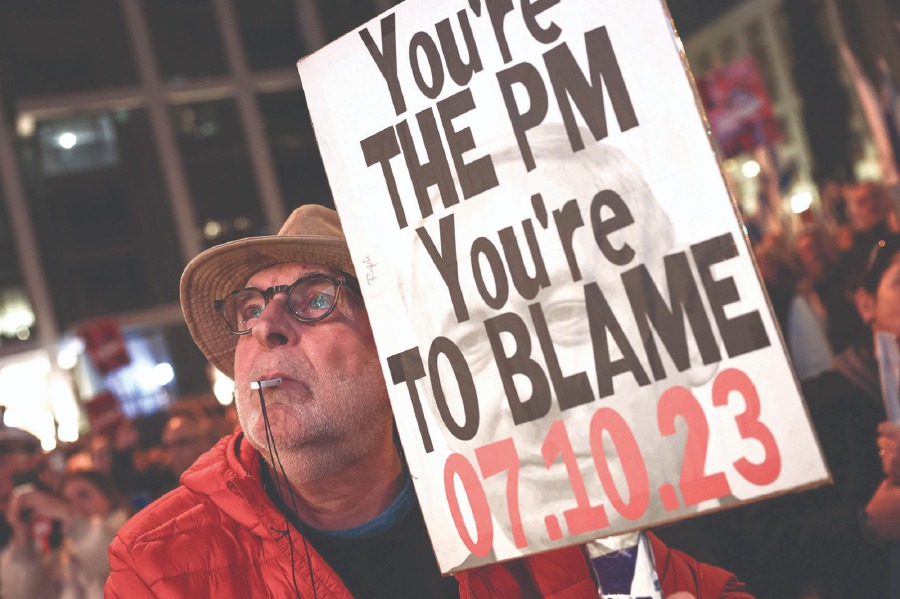LETTERS: In an attempt to forge unity among Islamic countries as war rages in Gaza, some Muslim analysts have called for certain Muslim and Arab countries to halt exports to Israel, which they said had been rising.
But what they fail to see is an economic-attrition war against Israel's economy.
Increasing their exports to Israel without increasing imports of goods from Israel has the effect of making the balance of trade with Israel in favour of certain Muslim and Arab countries.
And since Israel has to pay for these exports, it means Israeli assets (monies) which are much needed to finance its genocidal war are moving out to these Muslim countries.
Thus, unless we know what is the exact import figures of these Muslim countries from Israel, it is quite premature to say they are the enemy within.
Nevertheless, the more important question is whether the Gaza war will morph into a regional war involving major powers that in turn could lead to a world war. This is said to be a ticking time bomb.
Perhaps Russia and China are studying the economic indices to get an idea of the perfect timing for their entry into this war?
As it is, from day one of the Gaza war, both countries seem to allow the United States (US) to do whatever it wants to defend Israel.
This is so that the whole world can see for themselves how US foreign policy in the Middle East will on its own self-destruct in the Gaza war.
It's like Russia and China are giving rope long enough for the US to hang itself in the Middle East. There are also consequences for Israel.
When Hizbollah entered the war to demand for a ceasefire in Gaza, hundreds of thousands of illegal settlers in northern Israel were displaced internally, further straining the coffers of the Zionist government.
Israel's economic woes deepened further when the Houthis came into the picture.
Its sanctions on shipping are showing more effectiveness in stopping Israel-bound or Israel-linked vessels in the Red Sea than US sanctions have been to block Russian oil shipments.
One other factor is the move by international credit rating agency Moody's in downgrading Israel's ratings from A1 to A2 and its outlook kept at "negative" due to what it believes are the political and fiscal risks stemming from the country's continuing campaign against Hamas.
Not to mention the escalating negative sentiment among the people towards both governments for their policies in Gaza.
So, rising costs, geopolitically and economically mean that all is definitely not rosy for Israel and the US in the Middle East.
JAMARI MOHTAR
Editor, Let's Talk!, Kuala Lumpur
The views expressed in this article are the author's own and do not necessarily reflect those of the New Straits Times


